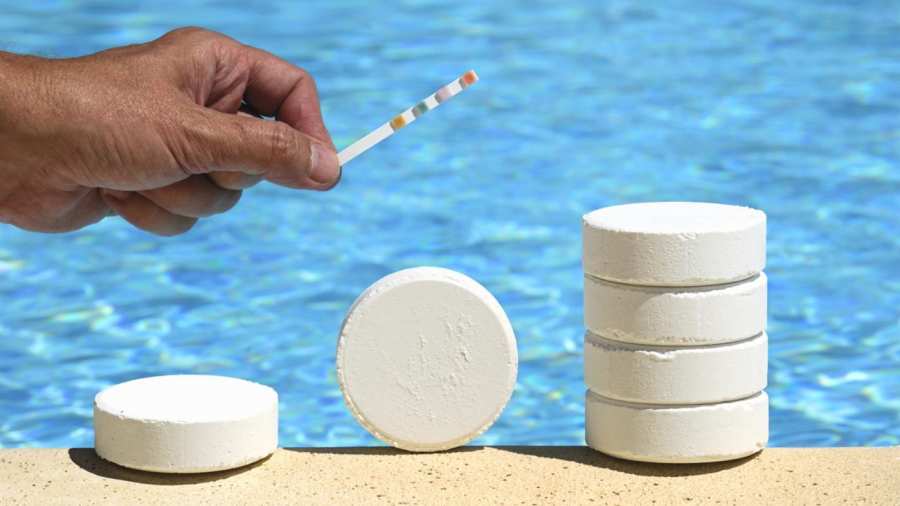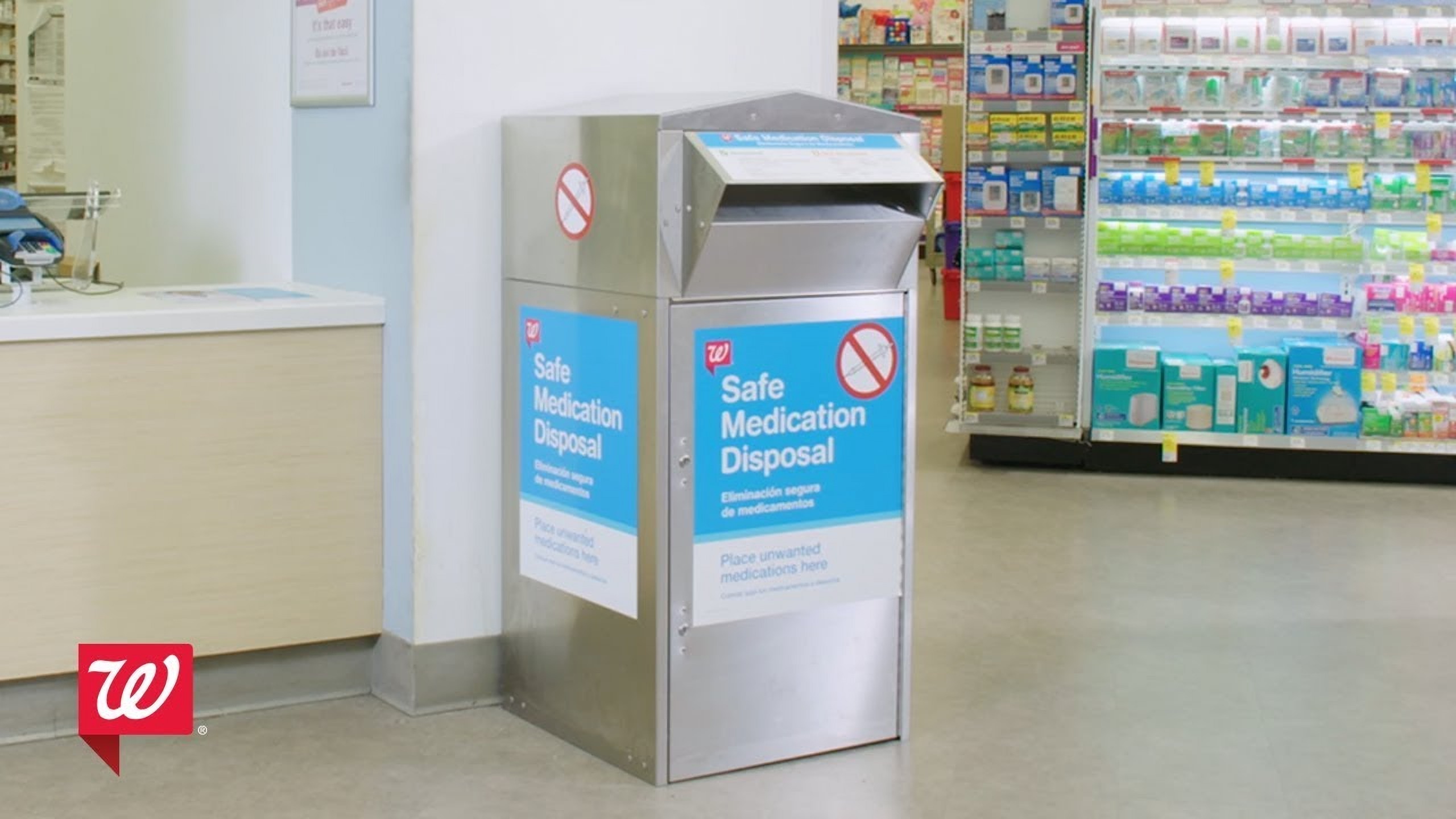Different medications are used at different stages of the IVF program. At the first stage, they prepare a woman's body for further stimulation of ovulation; at the second stage, they are used to stimulate maturation and growth of oocytes. After embryo transfer, medications are used to maintain the condition of the uterine mucosa, thereby increasing the chance of IVF program success.
It is advisable to buy exactly as much medication as you need for the IVF procedure at each stage. Doctors are sure to indicate the required dosage and duration of medication in the prescriptions.

What to do with the remaining IVF drugs
Drugs are on the list of items that cannot be returned or exchanged at the pharmacy, even if the package has not been opened and you have the receipt.
If the medication did not work for you (individual intolerance, allergies) or leftovered (but with an unexpired shelf life!), ask your doctor if you can donate the medication to a hospital charity.
Also, medications can be given to those in need through special resources or groups in social networks.

Many IVF thematic forums have special threads on Shearing medications, where announcements are made about placing medications in the hands of those who need them.
For safety reasons, it is forbidden to pass open cans of tablets, if it is impossible to identify the type of tablet (no markings on them), also it is strictly forbidden to pass damaged and open capsules, it is forbidden to pass medicines stored in damaged blisters. It is forbidden to hand over medicines with expired shelf life, as well as medicines that are restricted in free circulation.
On the thematic resource, you can choose the right category (for example, Medicines for adults, Medicines for IVF) and place your ad. It is important that when creating an ad in groups, it is forbidden to ask for money for a medicine, and it is necessary to specify the expiration date and storage conditions.
Remember that the sale of medicines by hand is prohibited by law and may result in a fine.
So think carefully before you try to sell medical supplies over the Internet.
What about the remaining expired IVF medications? Can expired IVF drugs be thrown in the trash or flushed down the toilet?
There is no clear unified position on the issue of domestic medical waste collection in the world. For example, in France, Great Britain, Denmark, Belgium and some other countries there are laws obliging pharmacies to collect household medical waste from the population. At the same time, in most other countries there is no need for this, medical waste is collected according to the principle: if you want - put it in, if you don't want - flush it down the toilet.

If you do not have the opportunity to pass the expired drugs in special collection points, then
experts on disposal of medical waste recommend sending only water-soluble drugs (such drugs are marked "dispersible" in the instructions) to the sewer.
Water-insoluble medications should be disposed of in the trash by properly packaging them. To do this, all tablets should be removed from their packages or blisters and crushed to a powder.
Then put the resulting powder into an opaque bag or a twist-off jar and add something obviously inedible to it: for example, used cat litter. The powder should be thoroughly mixed and the jar should be closed or the bag should be tied with a knot.
This is to ensure that people (e.g. homeless people) or animals who might climb into the trash can cannot easily open the container with the former medication. And if they do open it, so that they don't get interested in the contents and decide to use it as food, as it can be detrimental to their health.
Drug packages (cartons, instructions) and screw-on plastic lids can be sorted into a container for waste paper and respectively into a container for polypropylene for further recycling.
List of medications that may remain from IVF

Gonadoliberin agonists (a-GHRH)
The drugs Differelin, Decapeptil. These drugs are used to prepare the ovaries for stimulation. These drugs also prevent premature ovulation - rupture of follicles before the puncture procedure. They are administered by daily subcutaneous injections or as a depot form.
Gonadoliberin antagonists (ant-GHRH)
The drugs Oglutran, Cetrotide. They are used to prevent premature ovulation at the final stage of stimulation. They are administered intramuscularly. Usually no more than 4-5 injections are required.
Gonadotropic hormone preparations
Menogon, Gonal, Puregon, Elonva, Fostimon. These preparations contain pituitary hormones - FSH (follicle stimulating hormone) and LH (luteinizing hormone), which regulate the process of follicle maturation. They are injected intramuscularly or subcutaneously.
Preparations Pregnyl, Profasi. Used to complete the process of oocyte maturation. They are used in the form of subcutaneous and intrauterine injections.
Utrogestan, Dufaston, Lutein, Ingesta, Prolutex Affects the condition of the mucous membrane of the uterus and prepares it for the transfer of embryos. Usually used up to 12-14 weeks, after which the placenta is formed and begins to release "its" progesterone in the required quantity.
The drug contains the hormone estradiol - used to prepare the uterine mucosa for embryo transfer. It is available in tablet form and is taken before the pregnancy test.
When conducting an IVF program, it is very important to follow the recommendations of your fertility doctor and strictly adhere to the medication schedule. Often the IVF centers recommend that the injections be administered exclusively by a qualified medical worker - nurse. Important! Failure to adhere to the time, regime and dose of the medications used for ovulation stimulation significantly reduces the chances of success in the IVF program.
MEDICAL DISCLAIMERThis content is for informational and educational purposes only. It is not intended to provide medical advice or to be a substitute for such advice or treatment by a personal physician. All readers of this material are advised to consult their own physicians or qualified health care professionals. UAmedTOURS is not responsible for the possible health consequences to any person or persons reading or following the information contained in this educational content. All readers of this content, especially those who take prescription or over-the-counter medications, should consult their physicians before making any changes in their diet, lifestyle, taking pills, or other facts that may affect your physical and psychological health.









